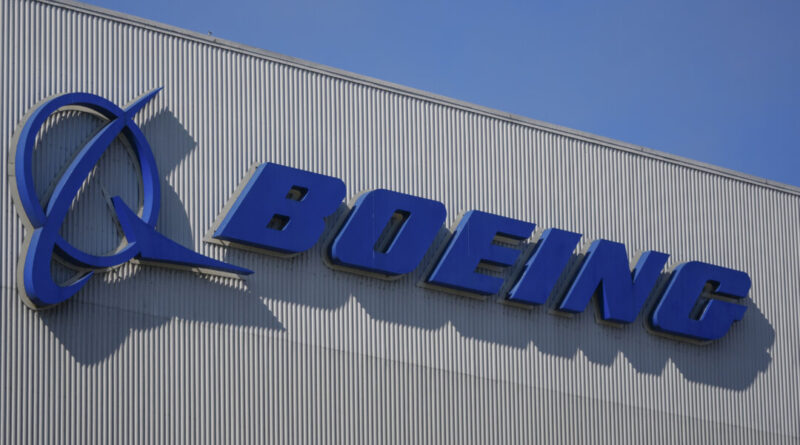Boeing’s Quality Chief to Step Down Amid Continued Safety Investigations and Workforce Issues
Boeing’s head of quality for commercial airplanes, Elizabeth Lund, will retire in December, according to a statement released by Boeing Monday.
Lund, a 33-year veteran of the aerospace giant, was appointed to the newly created position of senior vice president of quality for commercial planes in February, leading the company’s improvement plans. The company announced the appointment in wake of a crisis triggered by the mid-air panel blowout on an Alaska Airlines 737 MAX 9 on Jan. 5.
The National Transportation Safety Board (NTSB) accused Boeing of violating investigation rules in June when Lund provided non-public information to media outlets and commented on possible reasons for the blowout. As a result, the agency barred Boeing from receiving additional information during its probe.
At the start of the year, Federal Aviation Administration (FAA) chief Mike Whitaker barred the company from producing additional 737 MAX airplanes until the company demonstrated quality control improvements. Since then, Boeing submitted such a plan in May, which they have since begun to implement as they seek approval to increase production of the plane.
Doug Ackerman, who has been serving as vice president of Supply Chain and Fabrication Quality and has been involved in the quality plan, will replace Lund, according to Boeing.
The FAA announced last month that it would conduct a new safety review of Boeing, looking at issues such as risk-assessment quality, resource allocation, and adherence to regulatory requirements, which is expected to take three months.
In October, the Transportation Department’s Office of Inspector General criticized FAA’s oversight of Boeing, describing it as insufficient to oversee the planemaker’s individual manufacturing facilities.
An FAA audit of Boeing completed in February uncovered 97 incidents of noncompliance, encompassing “issues in Boeing’s manufacturing process control, parts handling and storage, and product control.”
Despite its latest plan, Whitaker recently expressed more doubt in the company, stating it could take anywhere from three to five years for Boeing to see improvements in safety culture, and acknowledged that the agency had been “too hands-off” in its oversight of Boeing before January.
The announcement of Lund’s retirement comes as Boeing faces ongoing scrutiny and challenges. The company recently ended a seven-week strike by West Coast factory workers, which had halted most jet production and worsened the company’s financial crisis.
Last week, the union said that members voted 59 percent in favor of a new contract offer, which included a pay increase of 38 percent over the next four years. The union’s lead negotiator Jon Holden said the latest news was a success and something to be proud of.
The strike’s resolution provides some relief for Boeing’s new CEO, Kelly Ortberg, who must now focus on resetting relations with machinists in the Pacific Northwest and addressing the company’s ongoing quality and safety concerns.
Reuters contributed to this report.





